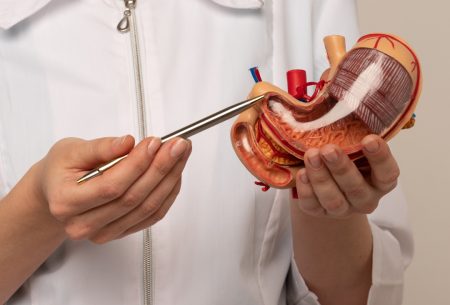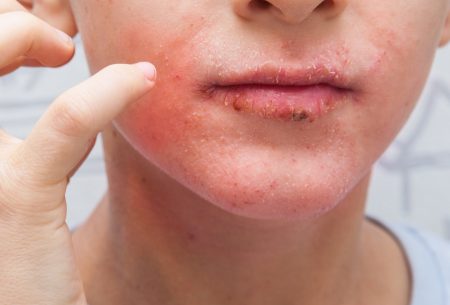We can try to ignore them all we like, but the facts are simply inescapable. One in four of us will experience a mental health event this year. Take a second to let that sink in – one in four.
Fortunately, thanks to the growing number of initiatives aimed at increasing awareness and support for the millions of people suffering in silence, this baffling statistic has started to receive the attention it so rightfully deserves.
But what is it that’s causing these high rates of low mood, and what can we all do about it?
There are many factors thought to contribute towards poor mental health, some of which are modifiable, such as physical activity, and others, which we can’t change, like our genetics.
More recently, a new modifiable risk factor has been proposed, and believe it or not it’s the trillions of microbes that call our gut home (which scientists call our ‘gut microbiota’). Identification of this novel, and somewhat unexpected, culprit has stemmed from some fascinating research that shows a two-way communication between our gut microbiota and our brain, commonly referred to as the gut-brain-axis.
Although this gut-brain axis is relatively new in terms of scientific discovery, the “gut feeling” phenomenon that we’ve all experienced, whether it’s butterflies or just a sense that something’s not right, is nothing new. In fact, if you think about it we’re always using gut functions to describe feelings and emotions e.g. He/she gives me butterflies, (let’s have at least one good one in there eh), you make me sick, I can’t stomach your behaviour etc.
So, what does the latest science say about the link between our gut microbiota and mental health?
Of course, in research and science, things are never straight forward, but there is growing evidence to support a role for our gut health in managing and even preventing mental health problems. To help explain a little more, three pieces to the gut-mental health axis that I want to share…
- Several studies have now shown that people with depression have different gut microbes to people without depression. But (and there is always a but), as those who follow me on social media will know, this is the type of research is called observational research which is rather weak in terms of scientific rigour. With observational research it’s a bit like the chicken and egg scenario; is it that people with depression are less likely to eat certain foods that feed specific bacteria, or could it be that specific bacteria are triggering depression? To help tackle this question we need to look at interventional studies.
- A landmark probiotic study from 2013. This study randomised a group of healthy people into two groups with each then receiving either a specific probiotic or a placebo (known as a fake probiotic) for four weeks. They measured people’s brain activity before and after the intervention using a special test known as MRI. The study showed that people in the probiotic group had a significant change in their brain activity compared to the placebo group, suggesting that they were better able to cope with negative emotions i.e. they had a lower risk of developing low mood. Although incredibly exciting, it wouldn’t be fair to over hype this study. it’s still early days for this research in that for every positive probiotic study looking at mental health, there’s also been a negative study showing no benefit. Personally, I do think there is hope for probiotics in managing mental health (this new area is called psychobiotics), but I think we need to be smarter and more specific with our choice of probiotic types – a one size fits all model is very unlikely. There is, however, some genuinely good news out there including strategies that people struggling with mental health can try straight away (in addition to seeing their GP of course).
- These strategies stem from the latest (and my new favourite) study from the end of 2017 which randomised people with moderate to severe depression to receive either Mediterranean dietary advice (the diet which underpins Leon’s menu!) delivered by a dietitian for 12 weeks OR a type of counselling to act as the “placebo” intervention (this was done to make sure the benefit wasn’t just because of the social interaction with the dietitian).
- What they found was really quite remarkable! Those following the Mediterranean diet had a MUCH greater improvement in happiness levels compared to placebo. In fact, over 30% of those in the Mediterranean diet group improved to a level deemed as clinical remission (using depression questionnaires), although it is important to note that many were still on baseline medications. Now, this particular study didn’t measure gut bacteria, but it’s well known that the Mediterranean dietary pattern has a positive impact on our bugs – raising the big question, could this benefit in happiness on the diet be due, at least in part, to an alteration in the gut-brain axis? I think maybe.
So what does this mean for you?
- Load up on a variety of veggies
- Fall in love with extra virgin olive oil (in the Med study they consumed 60mls per day!)
- Beans and pulses are an underrated superfood if you ask me
- Meat is okay, but smaller portions less often can do you good
- Dairy, particularly fermented, is a great addition if you can
Take home message – Happy gut bugs, happy you!













